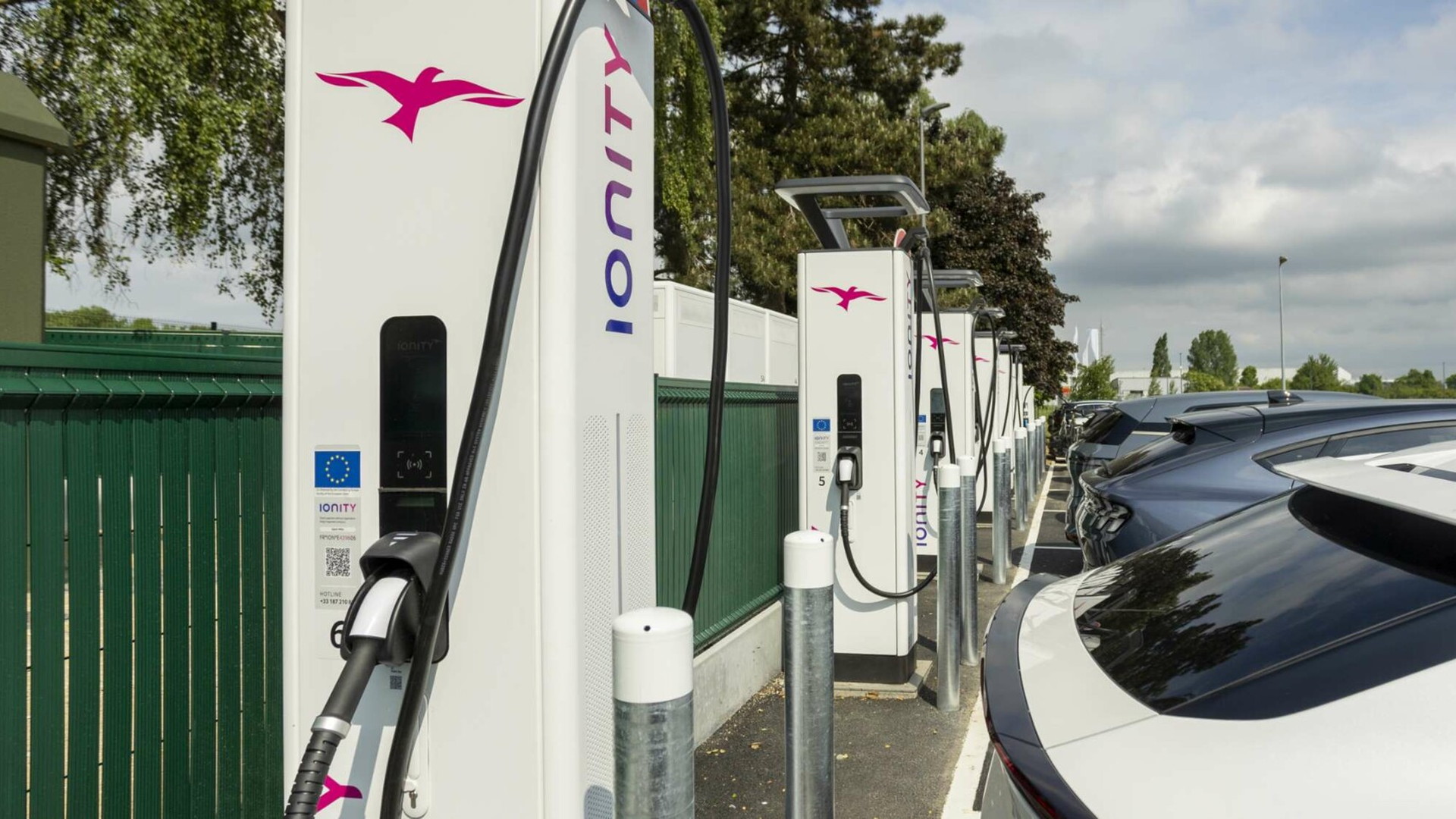Could your first fuel-cell car actually be a tank?
General Motors announced that it is expanding its collaboration with the U.S. Army's Tank Automotive Research, Development and Engineering Center (TARDEC) to develop hydrogen fuel-cell technology.
The "cooperative research and development agreement" will focus on testing the durability and performance of fuel-cell materials, the company said in a statement. The partnership will last up to five years.
GM is building a new fuel-cell development facility in Pontiac, Michigan, about 20 miles from TARDEC's newly-opened fuel-cell research laboratory in Warren.
The Army isn't GM's only fuel-cell development partner, either.
This past July, GM signed an agreement with Honda indicating that the two companies would develop "next-generation fuel-cell system and hydrogen storage technologies, aiming for the 2020 time frame."
Seeking partners for fuel cell research allows GM to share the costs of developing these inherently complicated technologies. This takes some of the risk from what is, for the time being, still a developmental technology for most car makers.
That's probably why other manufacturers are seeking fuel-cell development partners of their own.
BMW and Toyota decided to work together on fuel cell vehicles after BMW's negotiations with GM went nowhere.
Toyota plans to debut its first production fuel-cell vehicle independently, at November's Tokyo Motor Show.
BMW will essentially license that car's fuel-cell technology from Toyota. The German car maker hopes to have a prototype on the road by 2015, with a production car to follow in future years.
And finally, Daimler, Ford, and the Renault-Nissan alliance agreed early this year to debut fuel-cell production cars around 2017 or later.
_______________________________________________












